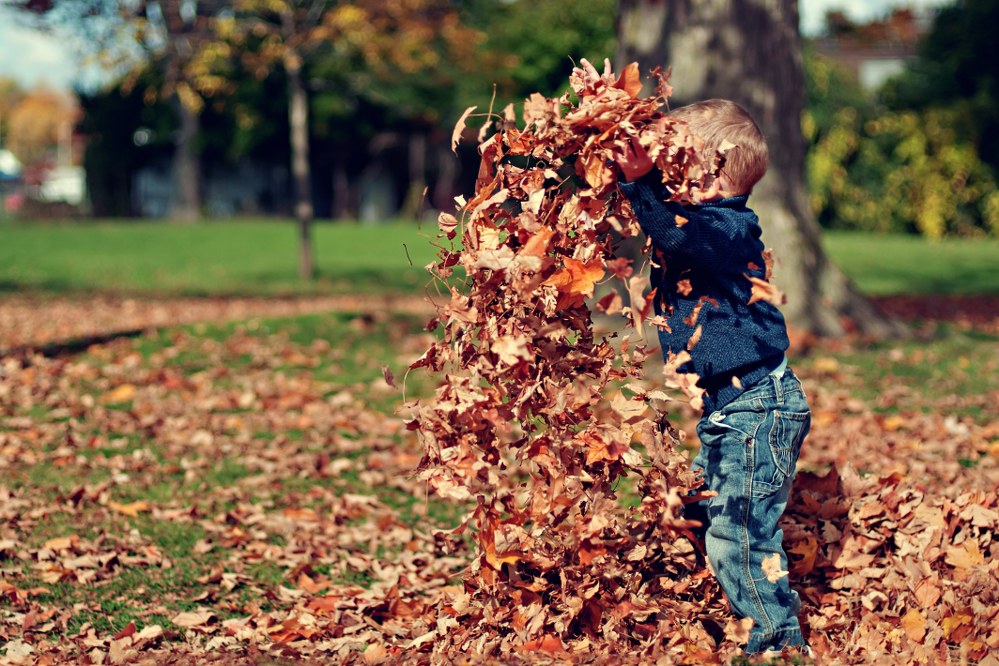Tips for selecting the right pet for you and your child.
Every kid, at some stage in its childhood, dreams of having a pet. And there are many benefits in keeping a domestic animal: from helping to calm and motivate your child to teaching them about responsibility. However, there are obstacles for many families, too, so a pet must be chosen wisely as it will be with your family throughout its (potentially very long) lifetime. In that time, your pet will take up time and money, so consider carefully whether you are able to care for a pet long term. Like most working parents single parents often struggle to find that extra time to care for a pet when they are already juggling a job, household chores, and childcare. So, here are our tips for choosing the right pet for your little family:
Dogs: faithful friends
Most kids love dogs – they are responsive, love to play and want to be a part of your life. They truly are an extension of the family, almost like another baby. And there is the catch: Puppies and young dogs can be very energetic and a handful to raise and train. So, beware that the first 6 months to a year will be like raising another child. So, if you are working full time, a puppy probably isn’t an option for you.
Then there is the question of breed: Different breeds display different character traits and it is wise to get informed about these before you choose your pup or grown dog. First and foremost, the dog needs to be a breed that is fond of children and poses no danger to them (that is not to say that you can ever leave them alone with your children). In addition, you need to consider the dog’s size, the amount of exercise or mental stimulation it requires, how easy or difficult it might be to train and how much care it requires: Does the dog shed a lot of hair which will end up on carpets, sofas and clothes? Will it require regular grooming and shaving, such as our furriest friends, the poodles, Maltese and Shi tzus?
Life expectancy:
Dogs live for 10 to 13 years on average so beware that your children may have grown up and left home when your dog reaches later life.
Budget:
The real cost of owning a dog is probably a lot higher, but taking into account, annual trips to the vet, vaccinations, pet insurance, food and other small items, the cost of a dog can be estimated at £70 to £105 per month according to the PDSA, the leading veterinary charity.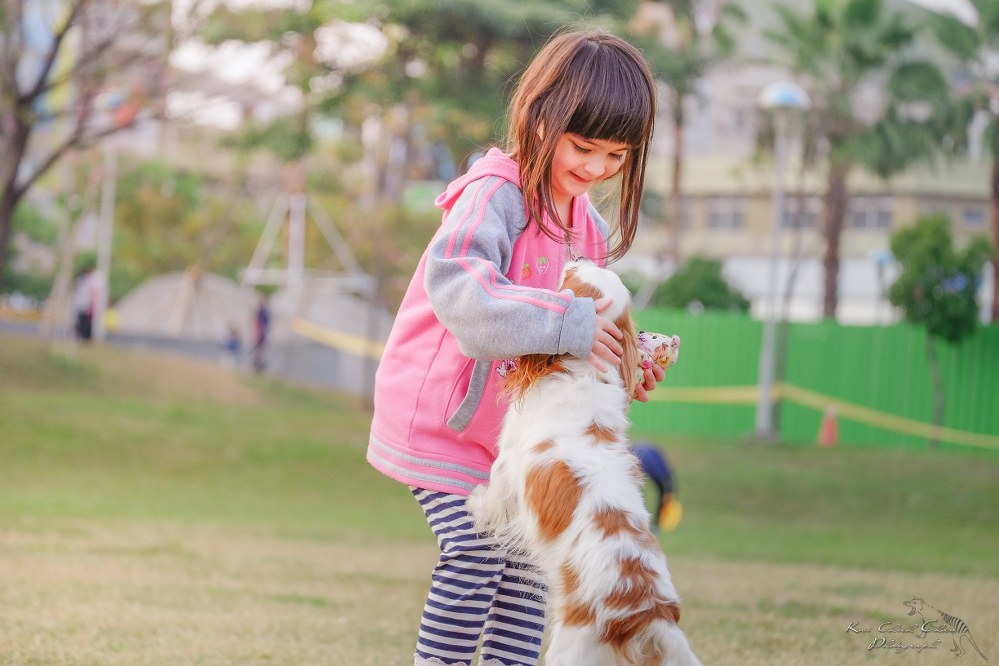
Cats: our feline friends
Cats make great family pets. They may be less active but can be very affectionate thus making great playmates for older or quieter kids. There are some breeds that are particularly playful, patient or affectionate with children, so it is worth doing a little research before deciding on your cat breed.
Cats can be kept in a flat or a house of any size, so space is not an issue but remember that you will need a litter box if your cat does not have access to the outside. If a cat flap is not an option and you do not wish to have a litter box in your home, you can try to train your cat by opening a door or window at certain times. Some cats are quite happy with such an arrangement and will not usually soil indoors – they are extremely clean pets. Another advantage of keeping cats is that they are perfectly happy left alone throughout the day and don’t require exercise – so no problem if you are working full time and the kids come home from school late. As long as you leave food and water out, and your cat has a means to come and go, it will be happy.
Life expectancy:
Cats tend to live slightly longer than dogs – some are known to have lived for 15 to 20 years but the average is more around 10 to 15 years.
Budget:
The cost of food, flea and worming treatments, trips to the vet for vaccinations and check-ups and pet insurance will cost around £40 to £50 per month. This does not include any initial costs you may incur or the cost of a cattery if you go on a single parent holiday.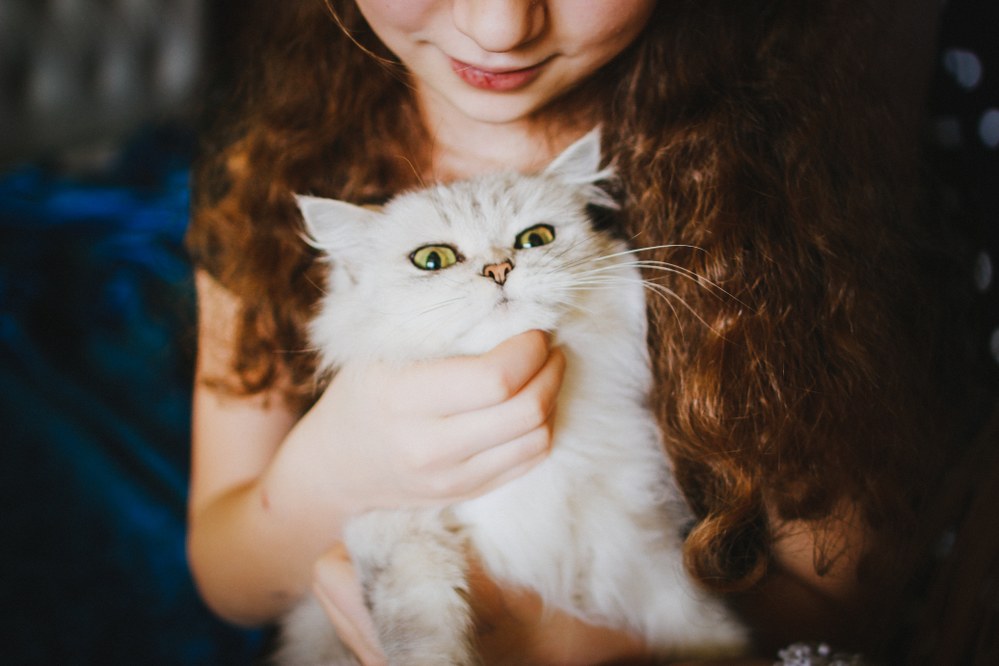
Horses: life-long friends
It’s every little girl’s dream to someday own a horse! Yet these majestic animals don’t immediately spring to parents’ minds when considering a new family pet. Horses are, in fact, great pets, especially if your family enjoys the outdoors and keeping fit. Keeping horses is also a very sociable hobby: Your children will make friends whether at the stables where their horse is kept or during hacks or riding competitions. They will become part of a community that is passionate about their pets and will share advice and help each other out. Best of all, horses are fun and playful animals with distinct personalities. Learning to understand their horse and to assert control over it will increase a child’s confidence, their assertiveness and their emotional communication skills because horse and child need to learn to read each other’s non-verbal cues and body language: a rewarding process that will lead to a strong lasting bond between the child and the horse.
Looking after a horse is not as difficult as you might think. Depending on your requirements and budget, you can decide between keeping your horse on your own land (if you have the space) and renting a livery yard or boarding stables. You can either pay, or keep the place clean, exercise, groom and feed your horse yourself. If you decide to do everything yourself, you can choose bedding and horse feed according to your budget and your horse’s nutritional needs. To find out which feed is suitable for your horse, check out the Spillers Horse Feed site.
If you have a young child, then a pony might be less intimidating. The main difference to a horse is its size. Ponies also tend to be more stoic albeit smarter than a large horse. There are some great horse and pony breeds for kids so, as with any pet, do your homework before you buy.
Life expectancy:
Keeping a horse is a big commitment in terms of its lifespan! Horses live for 25 to 30 years but this can depend on breed.
Budget:
Livery, horse feed products, bedding, visits by the vet, farrier and dentist and worming can set you back £200 to £300 per month so make sure you have the budget. 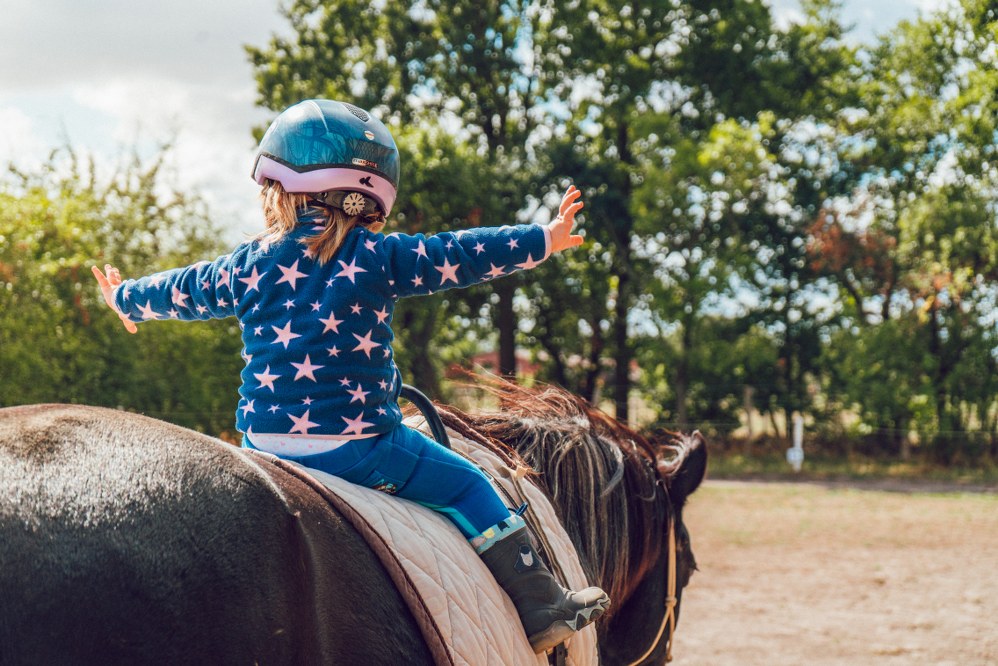
Small pets: furry friends
Never think you cannot get your son or daughter a family pet because you don’t have the space or the budget. There are lots of small animals that cost very little to keep and do not need much space. They will teach your kids about responsibility but are much less of a financial burden and responsibility for the parents – not least because some of the little rodents have a shorter lifespan:
Gerbils
Gerbils are great fun to watch and can be kept in a cage inside. They love running around and digging, but their agility and speed mean they don’t keep still for a cuddle so if that is what your child is after, they will be disappointed. A gerbil’s lifespan is two to three years.
Guinea pigs
These stout, short legged rodents should be bought in pairs. Guinea pigs can be kept inside or outside if you can keep them sheltered from the cold. They need space to run around and access to a grassy area. They are less skittish than gerbils, easy to care for, generally enjoy good health and best of all, they are fun: They purr, ‘pop’, squeal and are quite interactive making an excellent first pet for primary school age children. They live to around 5 to 7 years of age.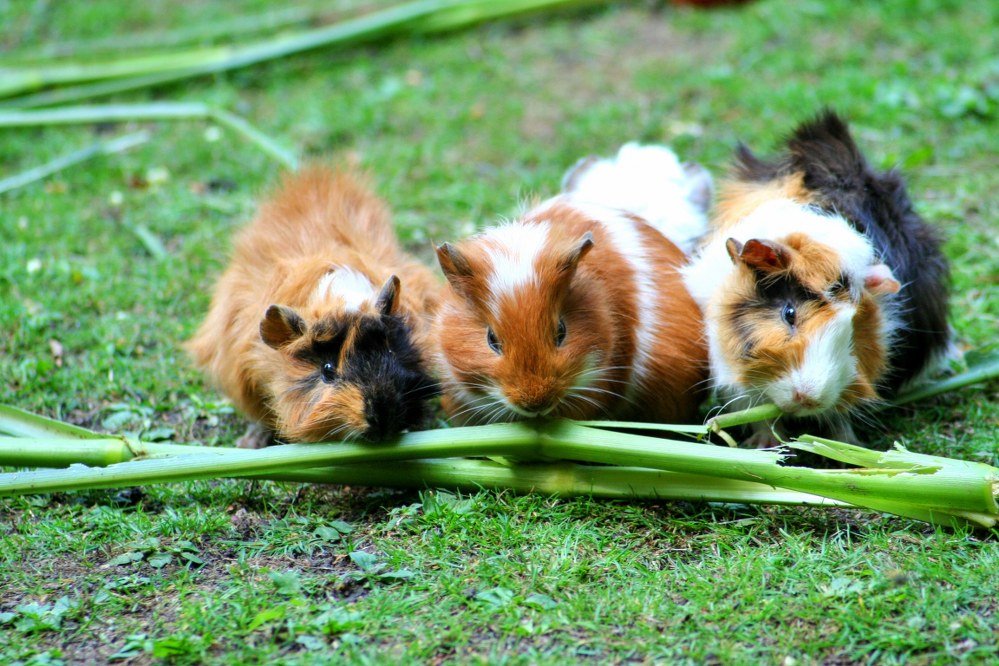
Chinchillas
These little fellas make intelligent, happy pets and far more interesting than the better-known rabbits and hamsters. They are responsive animals and children love to teach them tricks to get their food, but they are small and fragile and will bite when squeezed. So, they are better companions for slightly older children. They are nocturnal animals like hamsters and will need a large cage and a dust bath. They do have an unusually long lifespan for a rodent of around 12 to 20 years.
I hope this post will help you decide which pet is for your family. There is no doubt that a family pet is of great benefits for kids. Pets teach empathy, confidence and responsibility and can increase children’s communication and social skills. The unconditional love and acceptance from a pet can, in fact, have a hugely therapeutic effect on both healthy children and children with a variety of health conditions. We hope you enjoyed reading this post and that it will help you choose the right pet for your family.


